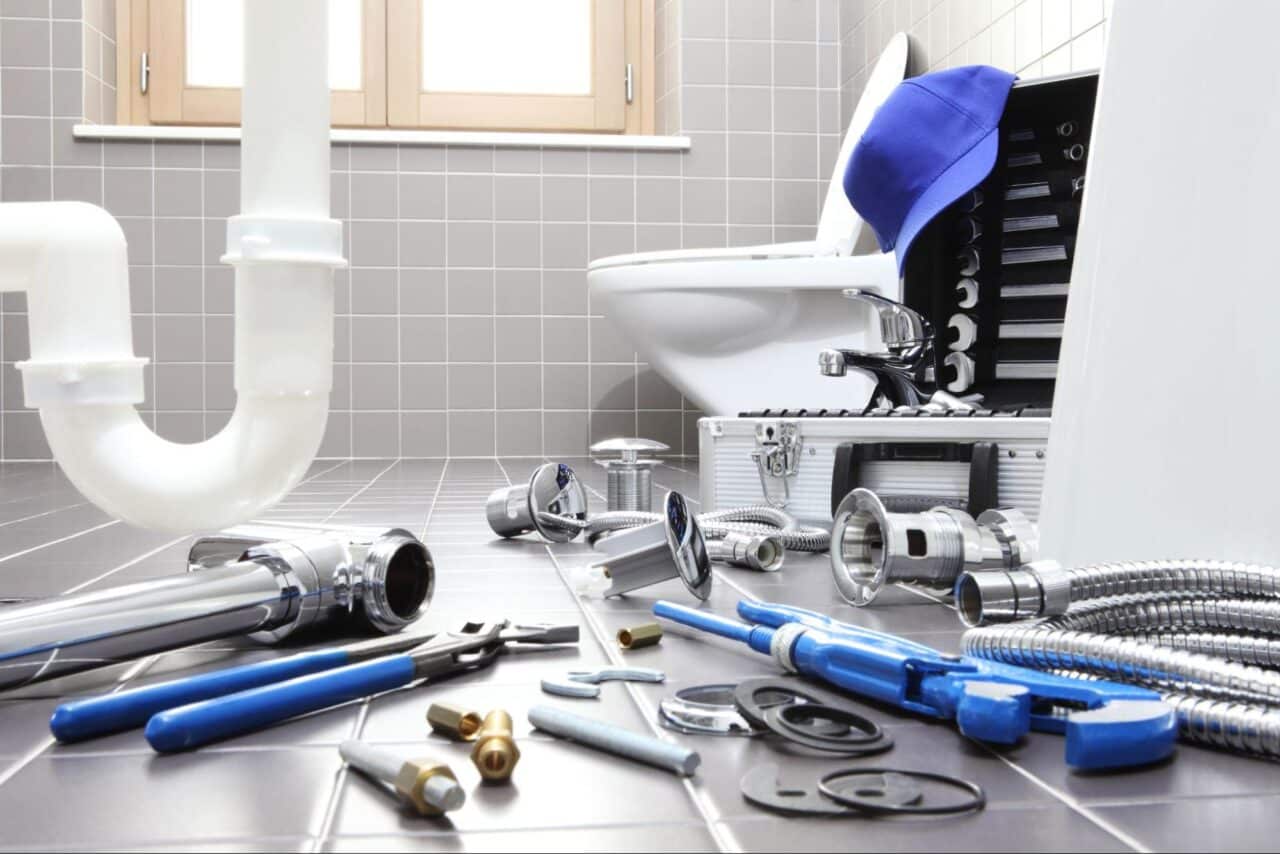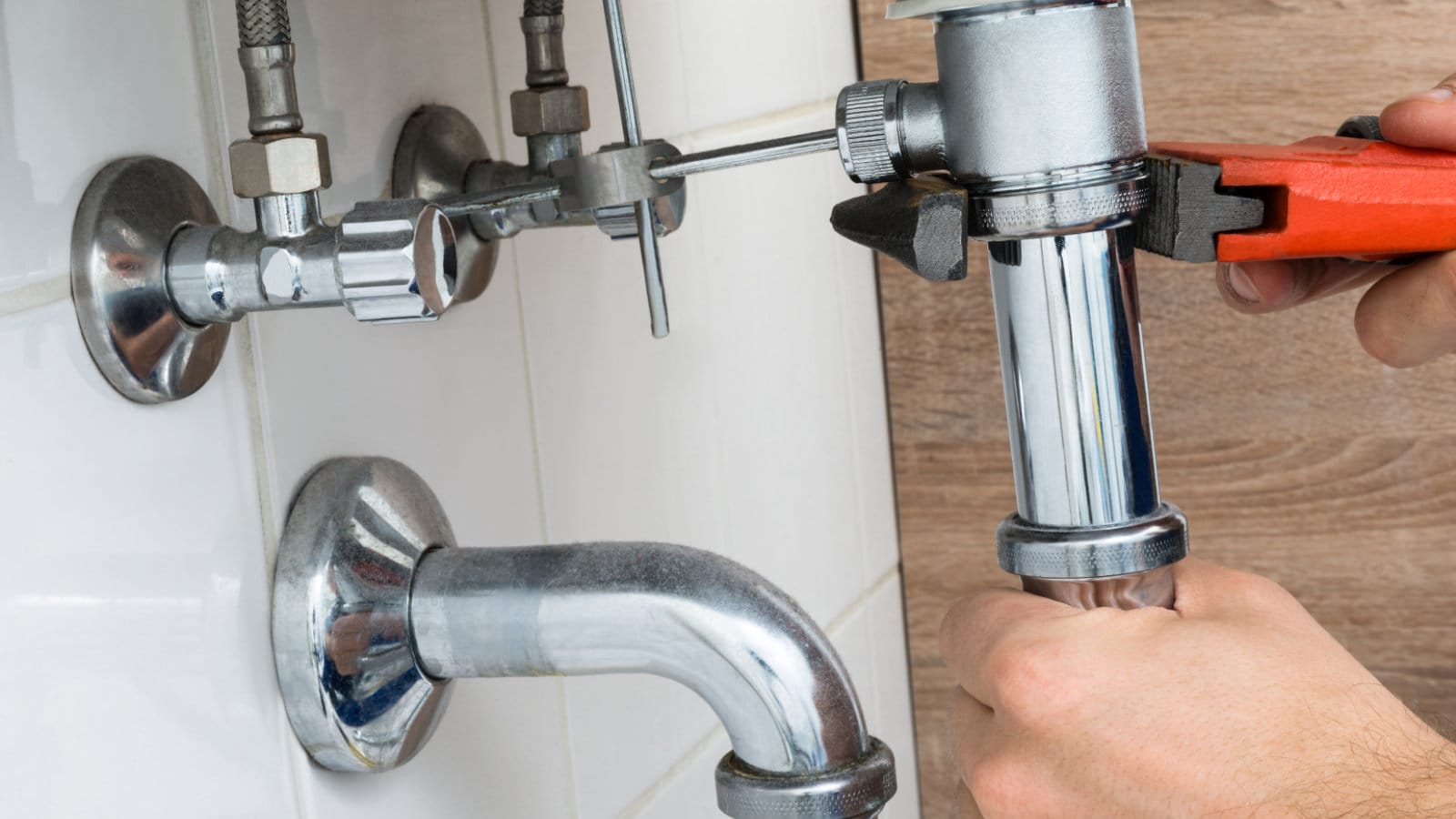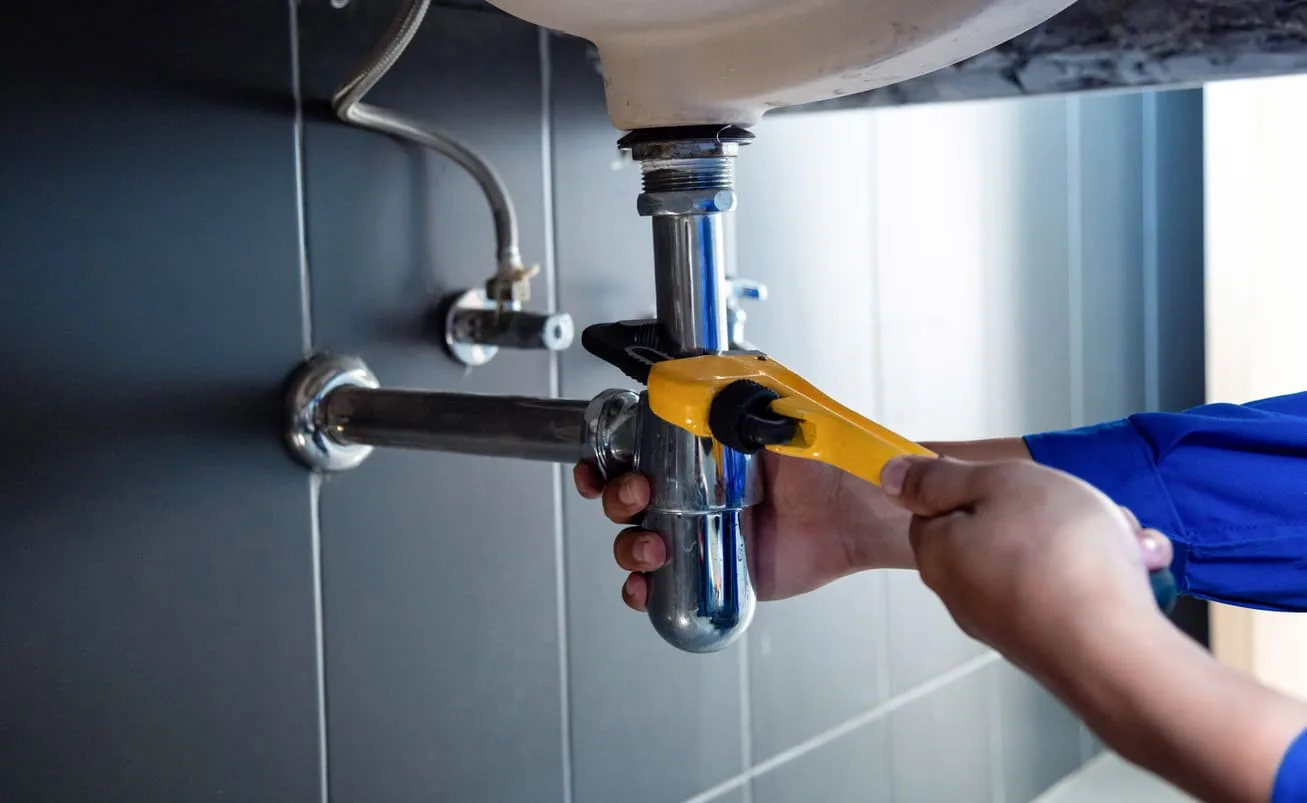When it comes to building a new home or property, one of the essential aspects to consider is the plumbing system. Proper planning and execution of plumbing can save you from future headaches and expenses. This article provides comprehensive new construction plumbing tips to ensure that your project’s plumbing is efficient, reliable, and up to code. Whether you are a homeowner embarking on a dream home or a real estate developer managing multiple projects, these insights will guide you through the process.

Understanding the Basics of Plumbing Systems
Before diving into the specific new construction plumbing tips, it’s crucial to understand the basic components of a plumbing system. This knowledge will help you make informed decisions and communicate effectively with your plumbing contractor.
Components of a Plumbing System
A typical plumbing system consists of three main parts: the water supply system, the drainage system, and the plumbing fixtures. Each plays a vital role in ensuring a fully functional plumbing infrastructure.
The water supply system includes pipes, valves, and pumps that deliver water to your property. The drainage system involves pipes and fittings that remove waste and water from the building. Finally, plumbing fixtures are devices such as sinks, toilets, and showers that allow users to access water and dispose of waste.
Choosing the Right Plumbing Materials
One of the most critical new construction plumbing tips is selecting the appropriate materials. The choice of materials significantly impacts the longevity and efficiency of your plumbing system.
Common Plumbing Materials
Some commonly used plumbing materials include copper, PVC (polyvinyl chloride), and PEX (cross-linked polyethylene). Each comes with its pros and cons.
Copper pipes are known for their durability and resistance to bacteria. However, they can be expensive. PVC pipes are cost-effective and easy to install but may not be suitable for hot water applications. PEX pipes are flexible, resistant to scale and chlorine, and suitable for both hot and cold water.
Ensuring Proper Installation
Proper installation is key to a successful plumbing system. Hiring a qualified plumber who follows local building codes and regulations is essential.
Importance of Hiring Licensed Professionals
Licensed plumbers bring expertise and experience to your project. They understand the nuances of plumbing systems and can identify potential issues before they become major problems. Additionally, their work is often backed by warranties, providing peace of mind.
Planning for Future Maintenance
Another crucial aspect of new construction plumbing tips is planning for future maintenance. A well-maintained plumbing system can prevent costly repairs and extend the lifespan of your pipes and fixtures.
Regular Inspections and Cleaning
Schedule regular inspections with your plumber to identify any wear and tear or leaks. Routine cleaning of drains and fixtures can also prevent clogs and build-up, ensuring smooth operation.
Considering Water Efficiency
With growing concerns about water conservation, it’s essential to incorporate water-efficient solutions into your plumbing design.
Installing Low-Flow Fixtures
Low-flow fixtures, such as faucets, toilets, and showerheads, can significantly reduce water usage without compromising performance. They are an excellent investment for both environmental and financial reasons.
Incorporating Modern Technologies
Technology has revolutionized the plumbing industry, offering innovative solutions that improve efficiency and convenience.
Smart Plumbing Devices
Consider integrating smart plumbing devices, such as leak detectors and automated shut-off valves. These devices can alert you to potential problems and even shut off the water supply in emergencies, preventing damage.
Adhering to Building Codes and Regulations
Compliance with local building codes and regulations is mandatory for all construction projects. These codes ensure safety and standardization across the industry.
Importance of Permits and Inspections
Ensure that all necessary permits are obtained before commencing work. Inspections by local authorities throughout the construction process confirm that your plumbing system meets all legal requirements.
Working with Experienced Contractors
Choosing the right contractor can make or break your project. Look for contractors with a proven track record in new construction plumbing.
Checking Credentials and Reviews
Verify the credentials of potential contractors and read reviews from previous clients. A reputable contractor will have a portfolio of successful projects and positive feedback.
Addressing Common Plumbing Challenges
Even with meticulous planning, challenges can arise during plumbing installation.
Common Issues and Solutions
Some common challenges include leaks, low water pressure, and noisy pipes. Work with your plumber to address these issues promptly and effectively.
Cost Considerations for Plumbing Projects
The cost of plumbing in new construction can vary widely depending on the size of the project and the materials used.
Budgeting for Plumbing
Create a detailed budget that includes all possible expenses, such as materials, labor, permits, and inspections. A well-planned budget reduces the risk of unexpected costs.
Conclusion
Implementing these new construction plumbing tips can lead to a successful and efficient plumbing system in your new property. By understanding the basics, choosing the right materials, ensuring proper installation, and planning for maintenance, you can avoid common pitfalls and enjoy a reliable plumbing system for years to come. Remember, a well-executed plumbing plan not only enhances the functionality of your property but also adds value and appeal. For more insights on construction projects, you might want to visit Basic Plumbing Layout.

FAQs
What is the most important aspect of new construction plumbing?
The most important aspect is ensuring that the plumbing system is installed correctly and up to code, which requires hiring licensed professionals.
How can I ensure my plumbing system is water-efficient?
By installing low-flow fixtures and considering smart plumbing devices, you can significantly reduce water usage.
What should I consider when choosing plumbing materials?
Consider the durability, cost, and suitability for your specific project needs. Consulting with a professional can help you make the best choice.
For further reading on plumbing essentials, you can check out this Essential Guide to Plumbing.
This article contains affiliate links. We may earn a commission at no extra cost to you.



